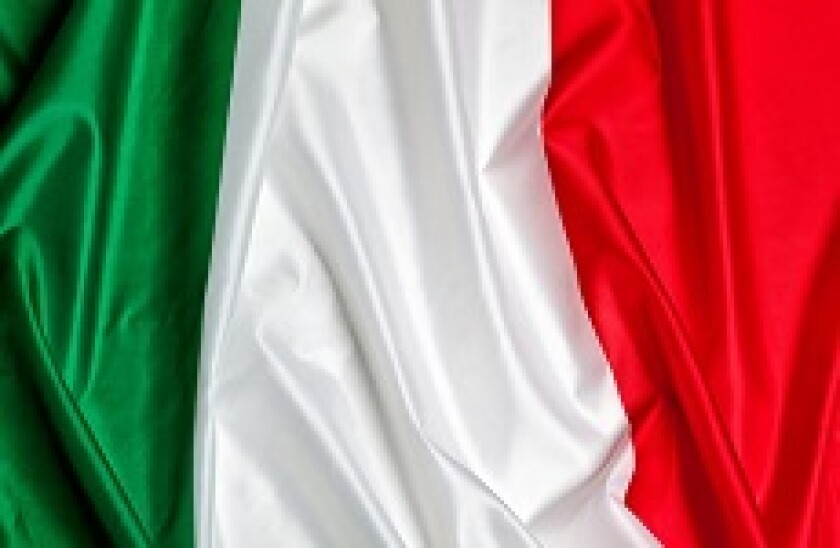The Atlante fund, devised as a rescue vehicle to unburden Italian banks of their NPL exposures, should not be thought of as a solution, as it relies on Italian banks themselves to address the stock of NPLs.
Reports from Rome on Tuesday suggest that the fund will be involved in the long-term solution to take on Monte Dei Paschi Di Siena's NPL exposure. A similar idea was floated last year before the private sector rescue deal collapsed in December.
Atlante, which had to rescue Banca Popolare di Vicenza and Veneto Banco last year, completed its first securitization last week when it acquired around two thirds of the portfolio of non-performing loans held by Nuova Banche Marche, Nuova Banca dell’Etruria and Nuova Cassa di Risparmio di Chieti.
The fund’s rationale centres on the idea that Italian banks cannot afford to sell on the open market and Atlante offers banks an alternative. It bought the NPL loans in its first deal at 32% of book value, higher than the 25% that many investors say is about the average value of most Italian NPLs.
This has led to the somewhat perverse scenario, with stable banks such as UniCredit and Intesa Sanpaolo, Atlante’s two largest shareholders, having to fund the collective exposure of the country to NPLs held by distressed institutions.
It’s a situation which may come to a head sooner rather than later.
UniCredit and Intesa Sanpaolo both moved at the beginning of the year to write down their stakes in the fund, indicating that they felt they wouldn't make returns on Atlante — unsurprising given that the fund is taking on debt above what many believe to be fair market value.
Sources in the Italian market also say there is a widespread feeling among Atlante shareholders that they do not want to keep pumping money into a vehicle designed to rescue their weaker counterparts at their expense. Given that the fund is also largely backed by a number of banks that have large NPL exposures of their own to deal with, it represents nothing more than a stop gap.
Italy, like Ireland and Spain, needs to sell its portfolios of toxic loans to investors outside of the country, or at least outside its banking system. To an extent, this is already happening.
Italy was the largest European seller of loan portfolios in 2016, according to figures by Deloitte, with companies such as Fortress, Pimco and AnaCap buying substantial Italian loan portfolios last year. UniCredit was the largest seller of Italian loans in 2016, according to the firm.
However, according to sources, much of what was sold was a mix of performing and non-performing and the NPLs that were sold were of a higher quality. But it showed that there is demand for Italian NPLs if investors can come in at an attractive price. Investors have also been concerned about the efficiency of courts in the country, which can tie buyers up for nearly a decade before they can collect any collateral.
Italy could further deleverage through comprehensive legislative and procedural reform of its judicial system, but this would likely be a long process.
Otherwise the Italian government, and potentially the EU, could provide banks with the capital to support taking a larger loss on loan sales to the open market, by making up the difference between what the market wants to pay and what the seller can afford to sell the loan at.
This would mean bending or amending the EU rules on state aid and potential taxpayer liability, but it would be a short period of pain that would slash the country’s NPL burden.
The approach would take some acquiescence from Europe, but would allow Italy’s government to fix its banking system the way many other European countries did during the crisis.
Short of that, the only other option might be to let banks fail.
None of the options is ideal, but the status quo of trying to coax the country’s stronger banks into funding the weaker ones is unlikely to succeed.
Even if banks like UniCredit and Intesa Sanpaolo could be persuaded to inject Atlante with more funding, it does nothing to reduce the exposure Italy has to its stock of NPLs and provides nothing more than a short term fix to a systemic problem.

